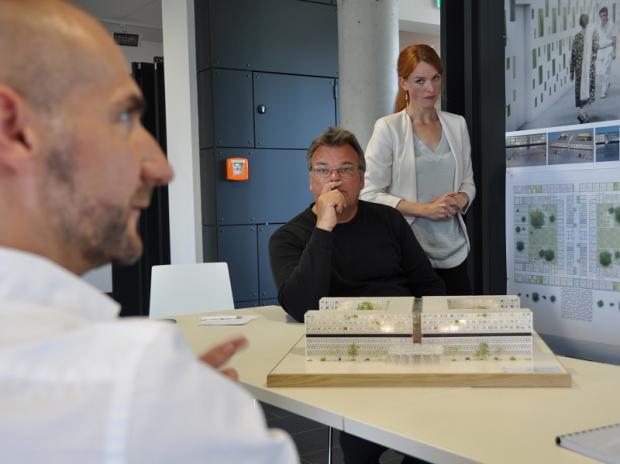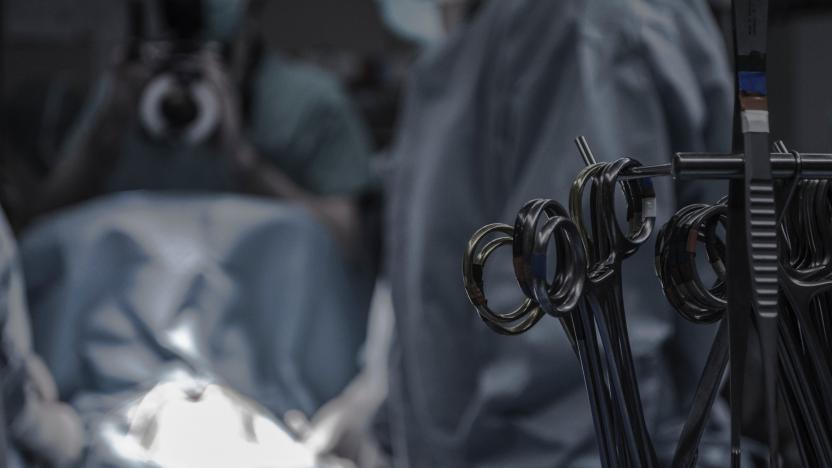Syria, Lebanon, Iraq – just some of the regions that have been affected by war in recent years. And where there is war, there are naturally huge numbers of sick and injured people, but where can they all receive the care they need, when most of the hospitals have been destroyed in the fighting?
Oliver Rentzsch is a professor at the Lübeck University of Applied Sciences and was on a mission in Syria for nine weeks, commissioned by the World Health Organization and the United Nations as part of a team that was there to take stock of the country’s current medical provision.
His summary:”The devastation of utilities and hospitals in besieged cities like Homs and Aleppo has created catastrophic conditions. (…) Here we are experiencing a humanitarian catastrophe that is by far worse than the one in Germany after World War II. “
The poor health care situation is, together with the need to escape violence, one of the main reasons why people undertake the arduous trip to areas with better infrastructure. Rentzsch again:
“In Syria, 11.5 million people are fleeing to areas that still have only half-functioning care systems. That’s why we urgently need short-, medium- and long-term solutions that take into account the technical equipment, the infrastructure, the supply, the insurance and the training of local people.”
Back in Germany, the expert approached his colleagues from the construction department at the Lübeck University of Applied Sciences. What could a hospital look like that takes account of local circumstances, that can be set up quickly and on-site, and that is also as inexpensive as possible? As part of her master’s thesis, Sarah Friede took up the challenge and in just a few months developed the model for a hospital that takes all these criteria into account.
A Hospital for the City of Homs
The hospital is based on a modular system: the modules for the construction can be mass-produced on-site and assembled together as required – meaning the hospital can be put together and also converted and extended quickly and easily. The individual modules can be transported by truck and even furnished before being assembled. The size of the sickroom takes into account Syrian family dynamics, meaning there’s space for the whole family to gather around the bed of the patient being cared for.
After developing almost 2500 thousand different modules, Friede has come up with a plan for a modular hospital that could feasibly be constructed in the Syrian city of Homs in the next few years – a seven-storey building with 1500 rooms and eight operating theatres. The inner courtyards of the hospital are designed to be full of plants, creating not only a functional place but also a sort of “oasis of hope”.
 © FH Lübeck Sarah Friede with her professors and the model of her hospital
© FH Lübeck Sarah Friede with her professors and the model of her hospitalThe master’s student project impressed not only her professors but also WHO and UN staff who have already negotiated with the representative government in Syria to make the idea a reality. “Once the situation in Syria is peaceful enough, we want to construct two hospitals there,” says Professor Rentzsch.
If the construction of the modular hospital is successful, this kind of prefabricated building process could become the go-to solution in other crisis regions too.
This is a translation by Ana Galan of the original article which first appeared on RESET’s German-language site.









